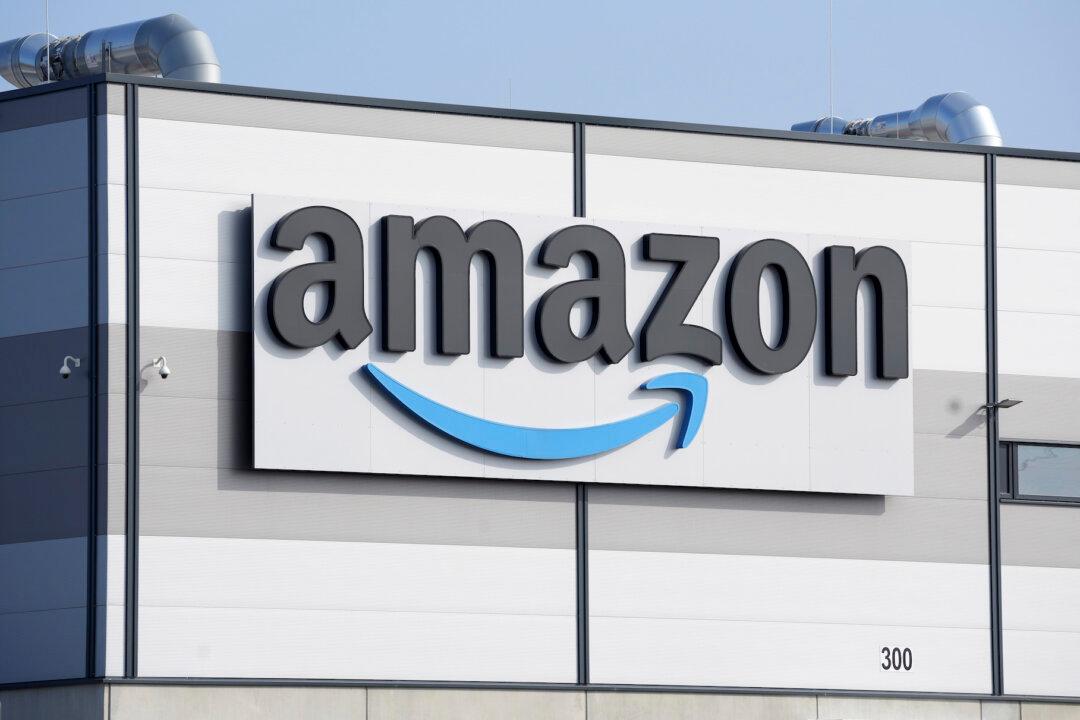Amazon.com Inc. plans to start collaborating with thousands of American small businesses for package delivery, Axios reported on Tuesday.
The new move is scheduled to start by the end of the year, and Amazon confirmed to Axios that it has started recruiting small businesses in 23 states, including California, Florida, and New York.





